It perfectly continues the attack on the concept of an innately or naturally 'fair' society, aggressively transposing it's arguments of a rigged system from Education to the wider concept of governing Institutions as a whole. The whole notion of governance as as system existing in any state of beneficence at all is eloquently and poignantly ripped to shreds. As soon as Active Consensus becomes Systematized Bureaucracy, things start to tip away from any chance of being equitable, and while that's awful, you can't just blame the oppressors as straightforwardly selfish/evil. It's only rational to do what you can to keep your own as safe and comfortable as possible, even at the expense of others (especially if you don't have to personally witness, let alone execute, the cost).
| This novel is delightfully straightforward in its criticisms of society, and is also a perfectly wonderful story in its own right, one that simply hits harder for its critical poignancy. It's shorter than I wanted it to be, and a little to simplified to hone its point into something all but the most determinedly ignorant readers have to acknowledge as valid. There's no one Big Bad, because the real world isn't that simple. The truly big bad in all of this is the concept that knowingly doing Evil is EVER justifiable, particularly when you have power. Ophelia is vile. But she wanted to do something good. The Chinese Dominus is also vile, also out of a desire to do good. The list goes on. Sex is a thing. That's just there. It happens. Repeatedly. And it MEANS SOMETHING DIFFERENT every time it does. El LOVES Orion, end of story. Whom she choses to have sex with in the chaos of grief and a frantic ping-ponging flight from one emergency to the next doesn't affect that at all. And he wouldn't care one whit. He wants to be permitted to be in her life however she will allow him to be there. It's not his place in anyway to judge her for her actions with other people if they haven't discussed it in any way, so he never does. It's not proactively focused on as a thematic point, but it's there, and I feel like I have to address it because it's the singular out-of-context detail that seems to be attracting the most hate from readers who refuse to engage with it critically. |
Power doesn't solve problems. But it lets you have a legitimate choice in what you do about the issues you face.
The only thing that solves problems is the decision to be Good, no matter what. No compromise, no accepting the lesser Evil; it's not practical and it's not easy and it doesn't do much if you do it alone, but you can join the Nazis or join the French Resistance.
| All the little threads from across the series get tied up beautifully, and the story develops naturally with compelling twists and turns that make complete sense retroactively but are realizations that remain cleverly just out of reach until exactly the right moment -- when you realize that yeah, you kinda DID guess that, but had mostly dismissed it until it was confirmed. All the the characters grow and develop in a true-to-life manner, priorities change, motivations shift, good ideas lead to horrible outcomes and awful ones work out annoyingly well for terrible people, and grief hits everyone differently and deserves respect however it lands (even when it manifests in meanness or zombification). All in all, it's a glorious triumph of story that matters and it's probably the best example I've ever seen in modern times of adult fiction to explain why a story can't just be a story. I used to be firmly in the camp of 'why does it have to mean something to be good?', as many a snot-nosed teenager is when faced with a CritLit assignment... and as many adults default to as Capitalist Exhaustion makes comfort and ease more meaningfully significant than any awakening to consciousness ever could be, in a practical sense. This series is an excellent means by which to demonstrate why it's fundamentally untrue that a good story can ever just be a good story. One thing to be aware of is that is is NOT YA Fantasy, it is Adult Fantasy that is appropriate for YA readers. It might seem like splitting hairs, but there is a difference of both form and function between the two. There is no real romance in this. Orion's absent most of the time and there's two throw-away-ish sex scenes that only exist because El is an intensely inward-looking character that needs to be brought out of her head and into an awareness of her body. She's also impatient and always looking for cheat-codes. Sex is grounding. She could use drugs, meditation, music, or even an animal-friend (which is one thing she does do, but her animal isn't very effective because it's not very needy and only a few inches tall). The sex isn't meaningless, but it's also not romantically meaningful. | Also, Orion as Manic-Pixie Dream Boy gets disintegrated. He's not a Hero worthy of swooning admiration. NO ONE IS. That's the point. Yeah, it reduces the YA sweeping romance adventure of it, but it's an important comment on how this world creates circumstances of inescapable pressures. You are born into circumstances, instilled with values, given particular skills and tools and experiences that shape your whole existence in ways that render your agency and personality nearly irrelevant. At best, your choices are the result of an attempt to be better than the worst you've seen and your ability to decide who you are isn't much more than cherry picking your favorite aspects of people/characters you've seen until around age 30, and even then it's iffy, you've just finally seen enough (generally) to start noticing broad patterns. Orion isn't a shining hero because he's heroic, he's heroic because that's what role he was molded to fill. BUT that doesn't not invalidate his personality, his humble humility is worthy of admiration, his desire to do right not just well is a laudable deviation from his Origin Matrix Ideology, and his relationship with El is a constant decision to revel in her existence that is the truest mark of Love I know. He is human and has choices but they only carry things so far, he's a hero because he tries to be and he's heroic because we want him to be. If you feel like this book is different than the other two in the trilogy, you weren't paying attention to the right things. This book is so consistent with the other two it's almost annoying... Until right up at the end when the Fantasy Happy Ending sweeps in to validate the theory of effort based solely on hope. There's no sweep-away story to get lost in here, and there's fewer fantastical distractions to marvel at, there's just a consistent and relentless deconstruction of societal preconceptions. There are a few things I would have liked more of, however: |
Less Repetition. It hits its point home hard. As a conclusion to a series, as the shift between specific circumstances and broad argument, and as a call to action that apparent futility is an insufficient reason not to try, I can see why Novik felt the need to be clear and insistent. But the book is hella short as it is and the repetition made it feel all the shorter.
Actual Feelings. Yes. El is grieving. And Yes. El is awful at feelings to start with. And so is Liesel. (Hence the moderately unhealthy shortcut of sex). But I would have preferred she have someone with her to force her to stop and talk and FEEL. Chloe, again, could've been useful for this.
Overall? WONDERFUL.
I am so unbearably pleased with it, that I've bumped this review to the top of my priority list, pushed it to the top of the publishing queue, and spent the last 2 hours actively commenting / critiquing the review of people who missed the point on Goodreads. I'll honestly have like 20 more pages of things to say about this book if I sit with it another week, and I will absolutely be bringing it up in every single class I have for the rest of my life probably (certainly for the foreseeable future), and it is 100% going into the curriculum I'm building (well, technically, only the first one, but this series...).
If you have any interest in being a human being on any functional level beyond merely existing on the planet for a short while, you absolutely have to read this!
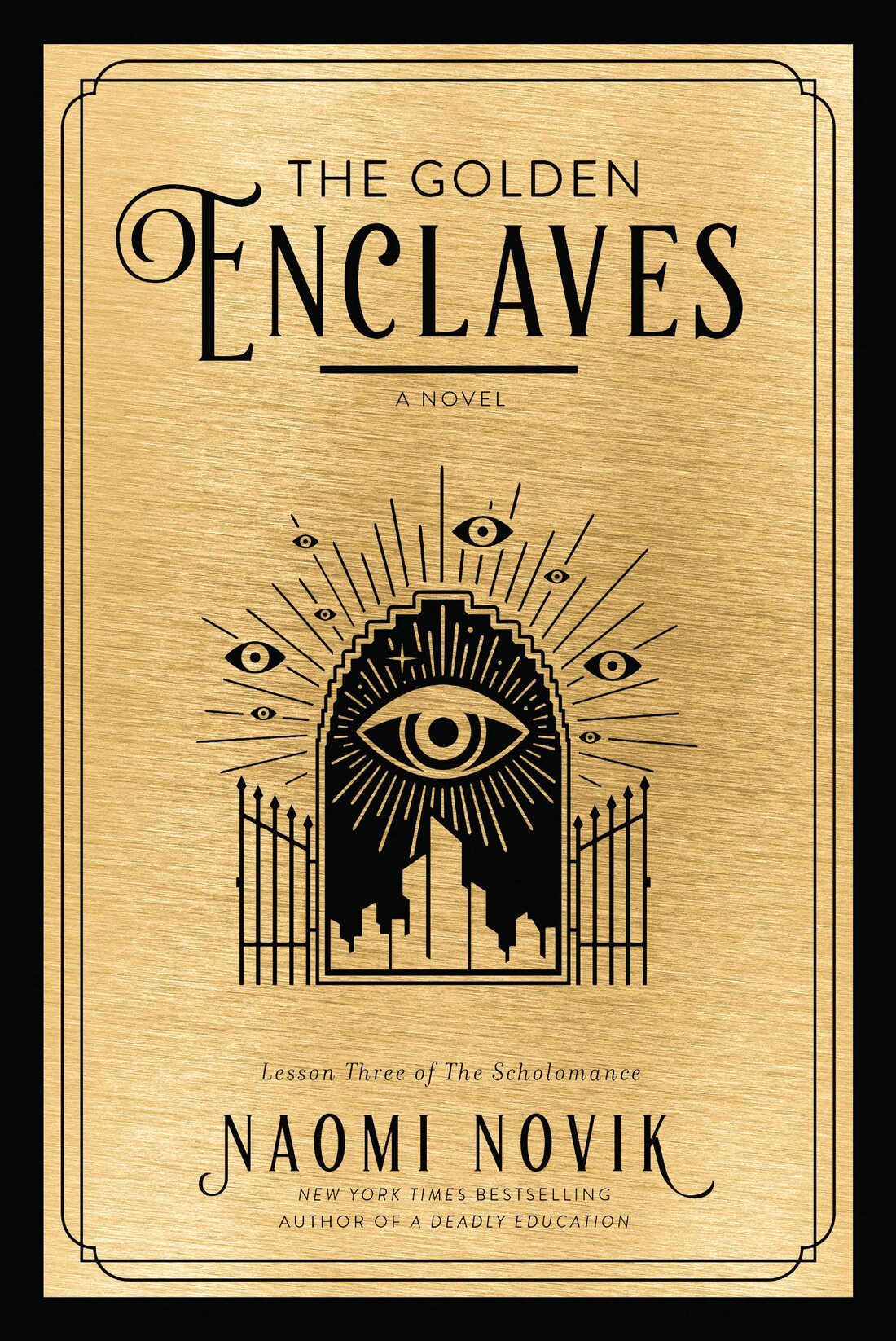
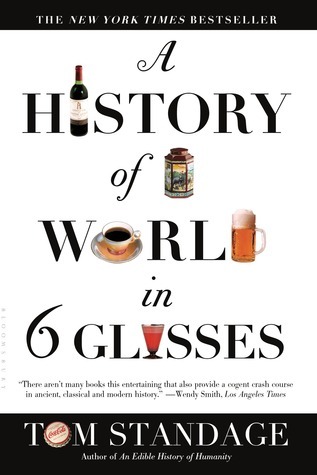
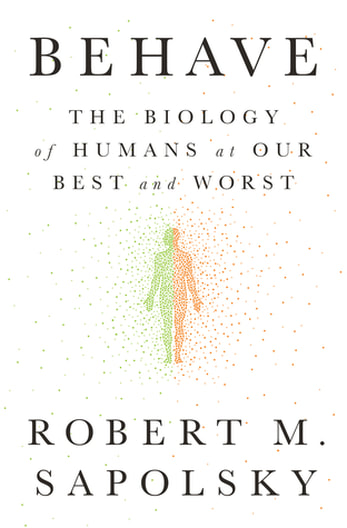
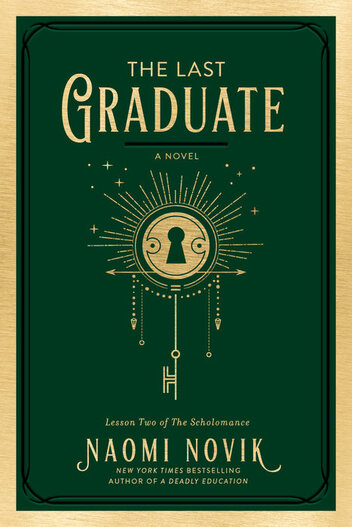
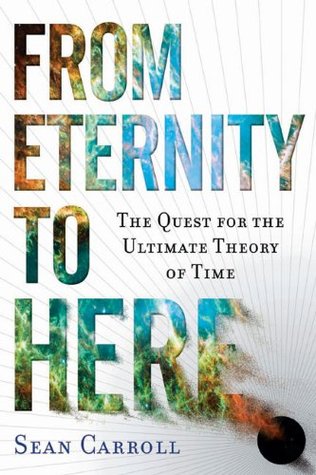
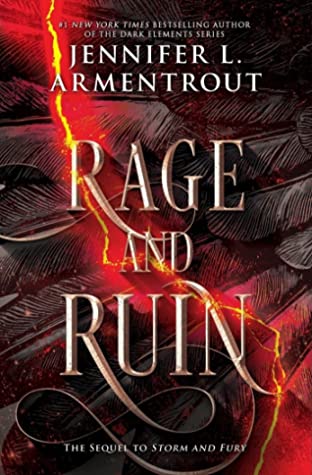
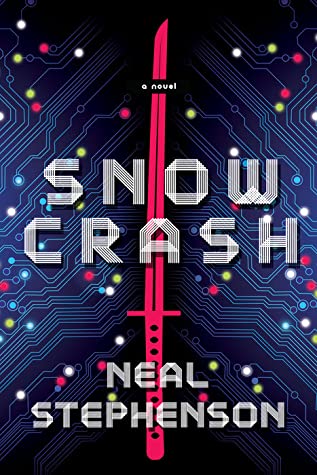
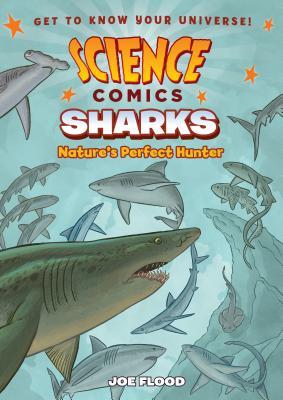
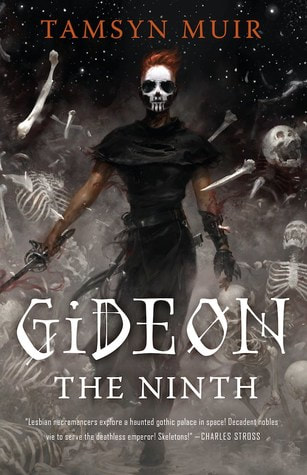
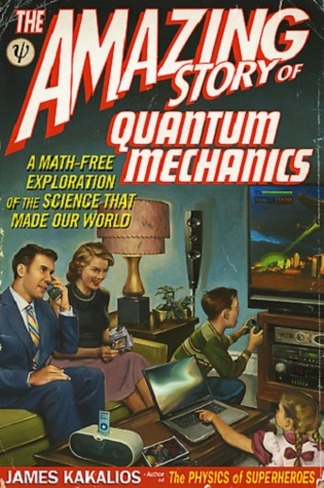
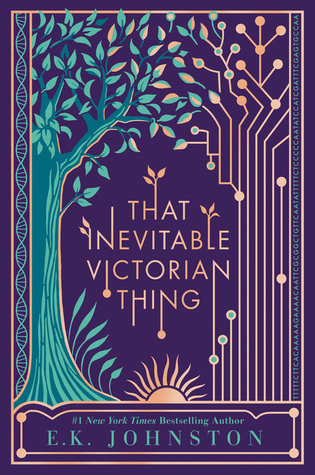
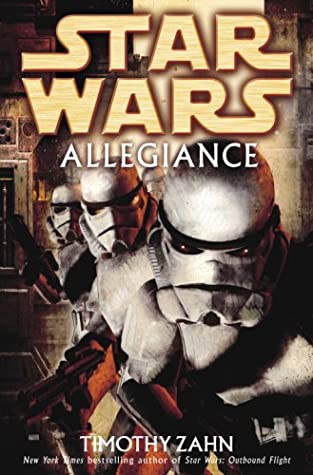
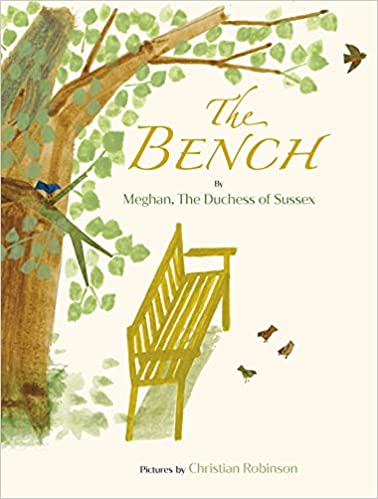
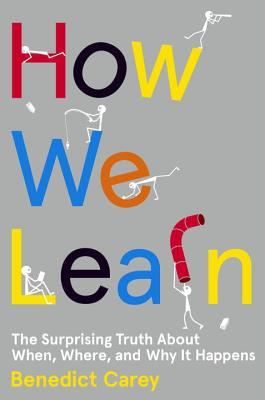
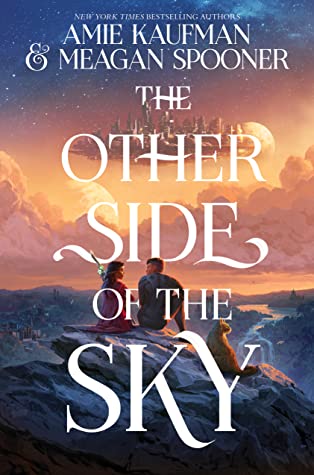
 RSS Feed
RSS Feed
